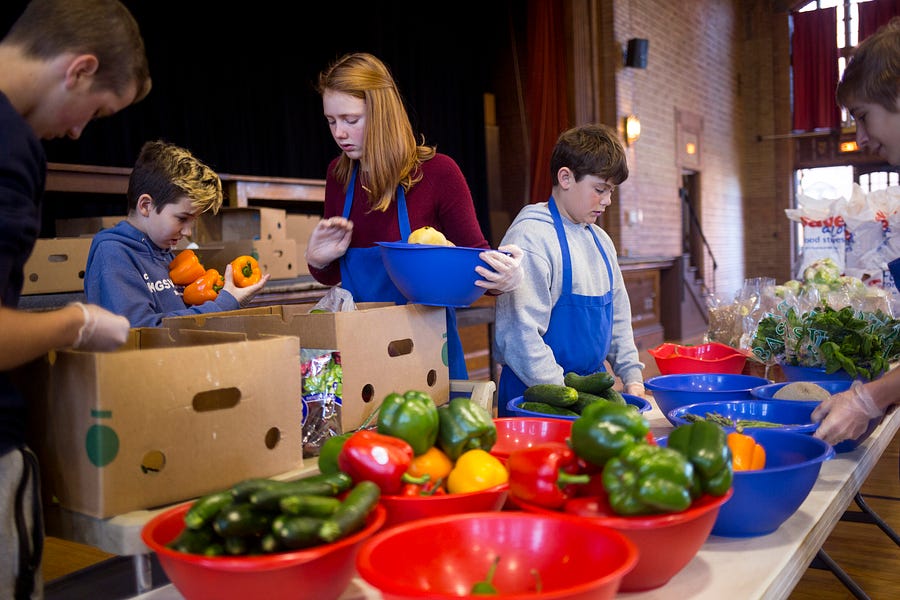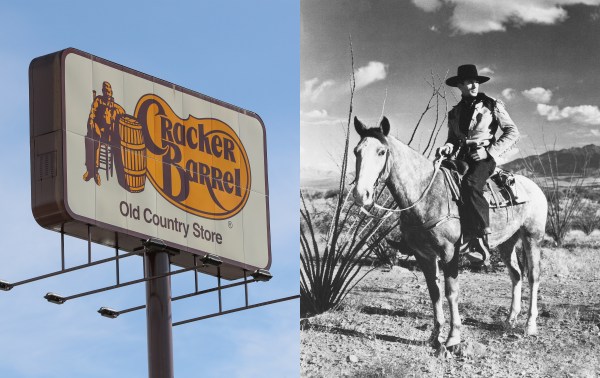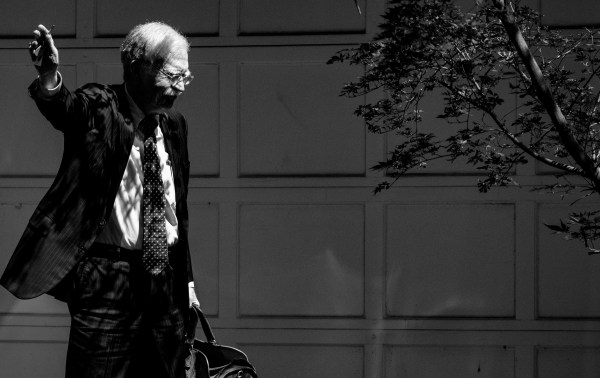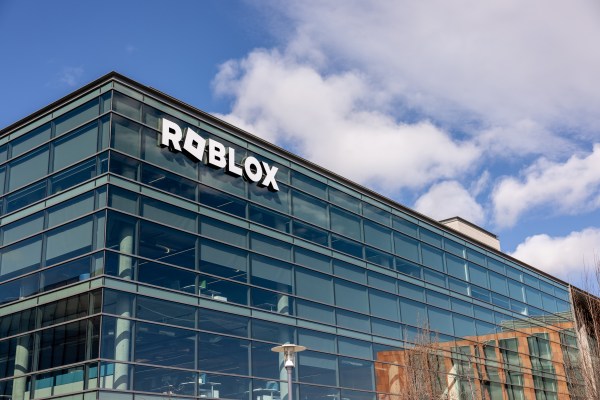The Senate impeachment trial ended in acquittal, and no challenger has emerged as a serious threat for the GOP nomination. It would seem the only way Trump is leaving the White House is through the general election ballot box.
Whether that happens in November or 2024, the question of what comes after Trump is very much in the air. Will his successor be someone like Nikki Haley, or will it be one of his own children? Will pro-capitalism and pro-populism wonks hammer out what “conservatism should mean?”
Those questions are all very D.C. centric, which is odd for a movement that purportedly believes in small government and local control, whose politicians claim to represent “Real America.” We are supposed to love local diversity, regional cultures, and specific identities. Sadly, conservative thinking and media is too obsessed with what happens in the nation’s capital.
For the entire strata of people paid to write and think about what conservatism means and should mean, it almost always flows through Washington—whether it’s industrial policy or more free trade, some form of “nationalism,” or a more open society. Somehow, the movement launched to “get Washington out of our lives” seems incapable of imagining a world where people get anything done outside of it.
I can only hear so many tales of woe about how great and storied communities have been reduced to rubble and that it’s solely Washington’s job to rebuild it there or elsewhere before thinking that conservatism has reduced itself to doing nothing but advocating for rubble and ruin and constantly harping on the injustices of what Washington wrought to them. Isn’t that what we complain the left does?
While lefty activists and movements work during elections to advance their goals locally as well as nationally, the message we send is “Send us donations, listen to our media and vote for the right people.” That’s it. All the rest of the time, the tens of millions who subscribe to conservative thinking are just supposed to stew in their own juices rather than devote their resources, energy, and brainpower to advancing what they believe in besides how Congress should vote. It doesn’t have to be this way. There is an enormous untapped potential of young and old people on the right that can be used in directions which may not affect DC but will matter for America.
One is to work harder at getting into local and state government. This includes not only getting elected to various positions—from city council to county commissioner to the statehouse—but also increasing the number of conservative bureaucrats. It’s better that we get our people there with philosophies of good government and administration rather than sit in the mud and complain about how the lefty bureaucracy dominates. Furthermore, conservatives in these positions will be able to provide the national conservative “mothership” with the kind of local knowledge and insights about America no parachuting reporting or statistical breakdown can provide.
Another is to think hard about what it is in our communities that we cherish and value and which we can conserve and rebuild. This can include working to make our living spaces—both outdoors and indoors, public and private—more beautiful. The present debate over the architecture of federal buildings is a wonderful opportunity to begin a broader discussion of how and why to make where we live a place that’s livable.
Conserving is not just about keeping the things we care about as they are but improving them and making them better—what British conservative philosopher Michael Oakeshott called “the politics of repair” and conservative author G.K. Chesterton called “painting the white fence” to keep it white. As superficial as making our surroundings look nicer and more pleasant, this matters for everything else. Just ask Roger Scruton.
No less important is reviving local institutions or local branches of institutions—religious, charitable, educational, even musical and artistic. Yuval Levin talks a great deal about the importance of institutions and their decline in American life, but realistically—most of us are no more likely to enter national institutional leadership than we will in national politics. Better to start small, look and see what needs improving and reviving—and get to work.
Maybe you can help be a part of the solution problems of opioid addiction in your community. Or if you like working with food—be a part of the effort to help schoolkids be sufficiently nourished and learn better so they can have a better future. Like working with your hands? Lots of people out there who could use home repairs or improvements or beautiful furnishings or adornments but probably can’t afford them for whatever reason.
If you’re worried about protecting the unborn—look to the blue states and cities in places like New York and California where many abortions are carried out and join the efforts to help save lives there and make it as easy as realistically possible for single mothers to raise their children or find their children another home if that’s not an option. You can do this by supporting or volunteering at pregnancy crisis centers around the country. If you think there’s a lacuna in providing such aid—then set something up yourself or work with others to do so.
If you’re concerned about the health of religion (whichever you belong to) in your neck of the woods, work to help spread religious education and devotion—just once a week in your living room or maybe just being a place to ask questions. If you’re concerned about suicide or loneliness, you could set up a designated group of neighbors to do rotations and see after those at risk. The same idea holds for helping people get married and stay married. If you’re worried about people who’ve been in prison and need a hand up reintegrating into society—getting a job, people to vouch for them—there are plenty of opportunities for that in our day and age.
The list of local conservative-minded causes is endless, and every contribution of time and energy—no matter how “small”—matters a lot.
And in general, we can start practicing virtue instead of just preaching it. Living a model life in our everyday interactions at the store, with our neighbors and friends, and even online does much more to argue for conservative values and thinking than op-ed No. 1 million on the latest woke outrage or another commentary on Aristotle few will read. To paraphrase Barack Obama: Be the virtue you want to see in the world.
I have never known a more powerful teacher for moral behavior than personal example. This includes not only historical greats and giants that inspire us all—men and women like George Washington and U.S. Grant, Martin Luther King Jr or Rosa Parks, Witold Pilecki or Irena Sendler (look them up)—but also people in our own circles.
I’ve lost count of the teachers, store vendors, neighbors, relatives, friends, and just general good people who served not just as inspiration but have helped my life feel just a little bit better every day. I’m sure everyone reading this article knows of or has heard of at least a handful of such people—and that’s really all you need to continue the tradition.
I know this all sounds really cliché and small-scale. But it still matters. You probably can’t make that big of a difference in an arena as enormous as D.C. But you likely can make something of one in city hall, the local public building, your neighbors down the street.
Instead of only thinking ourselves utterly helpless before forces we don’t understand and having no value to contribute, we can rediscover what it is we care about nearby, not just for the country at large. We can think of conserving as something deeper, more profound, more lasting than any presidential administration or congressional term. We can rediscover what it is we love, not just think of what we hate.
I won’t promise that it will be nothing but success. There will be plenty of disappointment as well as achievement in your efforts. But if more of us spent less time obsessing on Fox News or reading about why life is awful and remind ourselves there’s what to live for and cultivate, we would become something even more than just “helpers.” We would become “conservers.” Millions and millions of them throughout the country.
I’d say that matters more for America then whatever happens this November.
Photograph of volunteers at a soup kitchen in Portland, Maine, by Brianna Soukup/Portland Portland Press Herald/Getty Images.






Please note that we at The Dispatch hold ourselves, our work, and our commenters to a higher standard than other places on the internet. We welcome comments that foster genuine debate or discussion—including comments critical of us or our work—but responses that include ad hominem attacks on fellow Dispatch members or are intended to stoke fear and anger may be moderated.
With your membership, you only have the ability to comment on The Morning Dispatch articles. Consider upgrading to join the conversation everywhere.